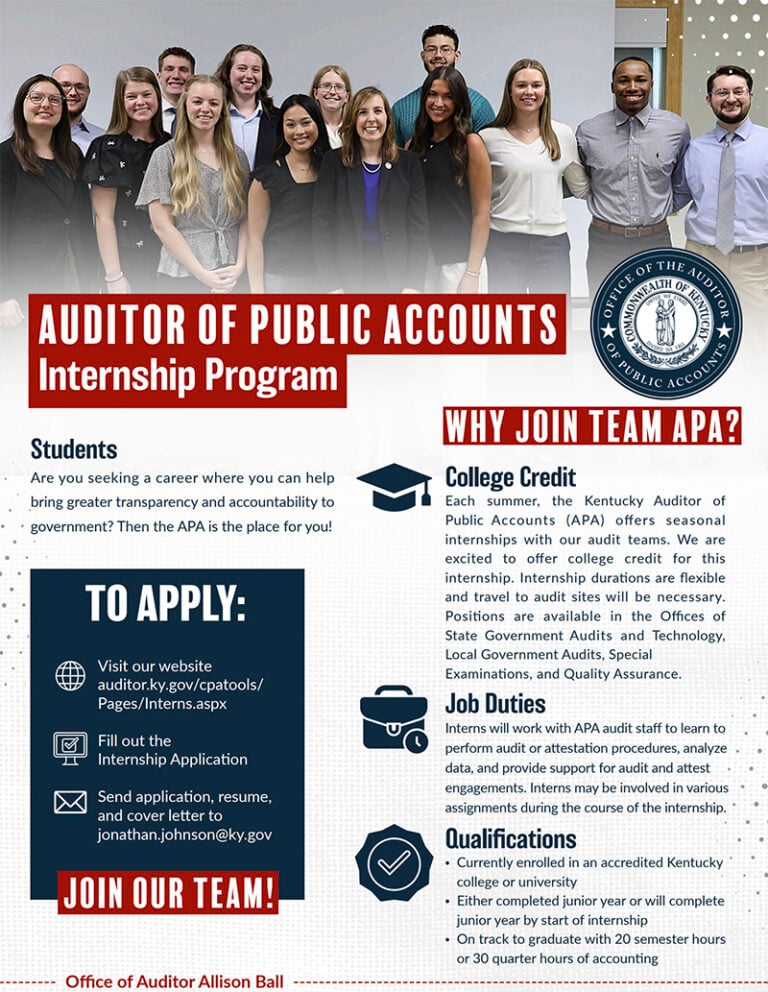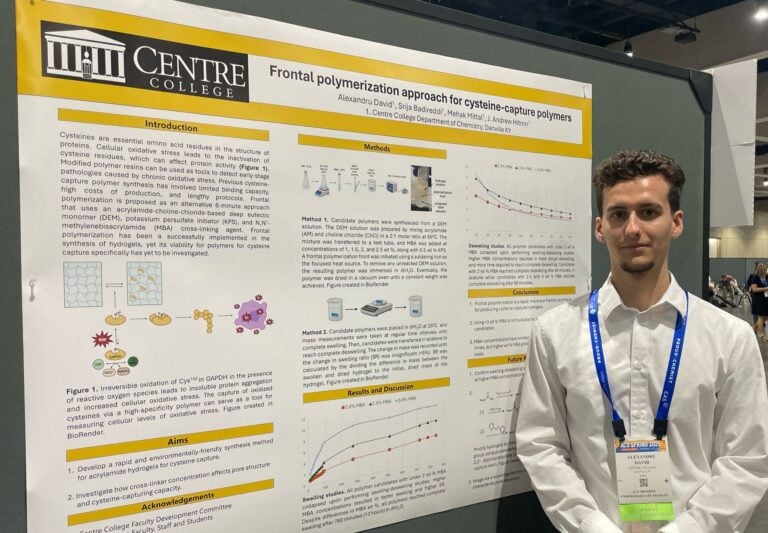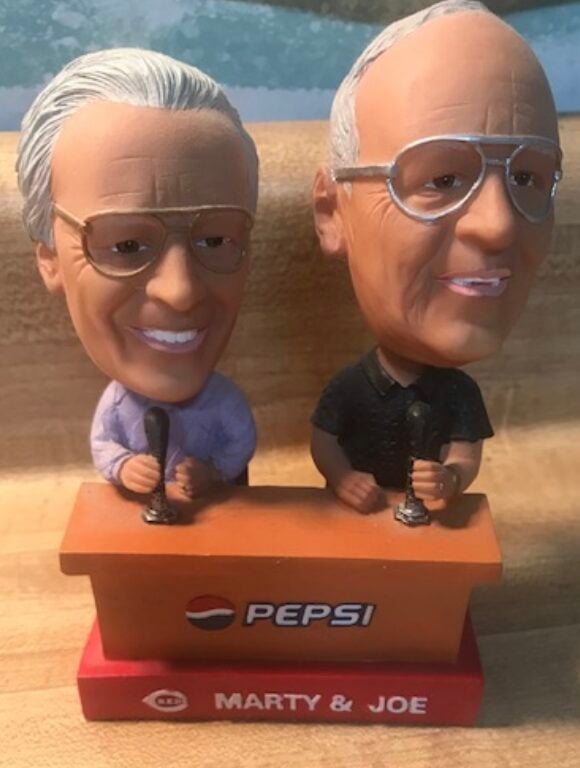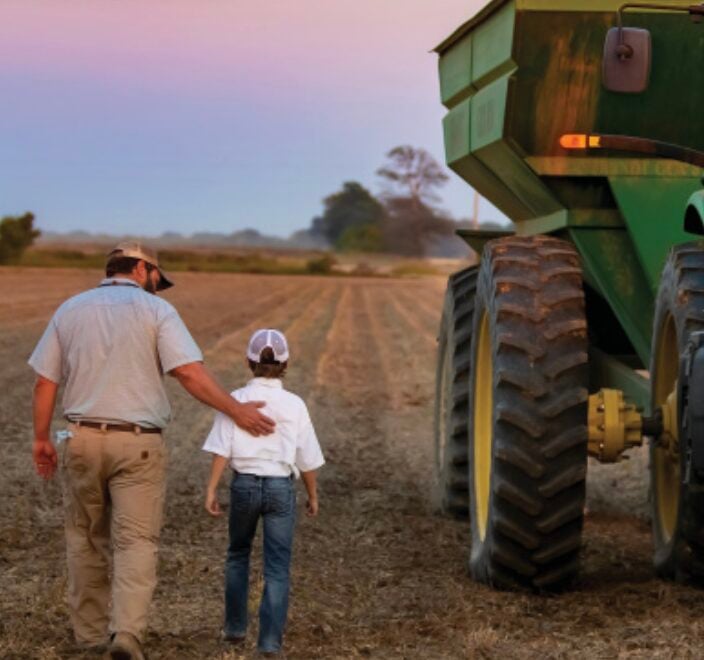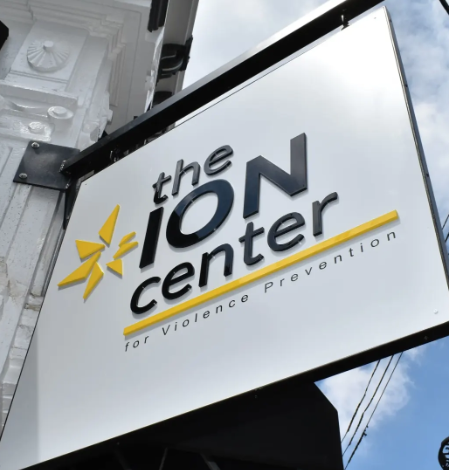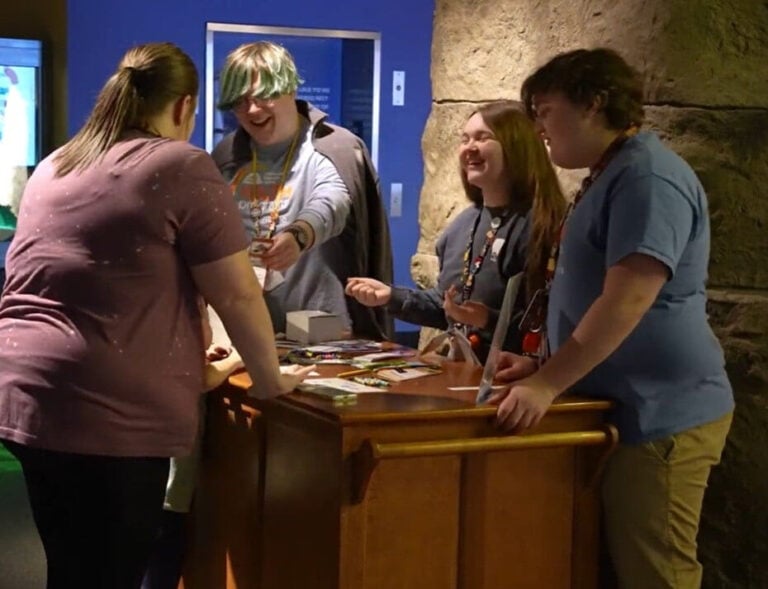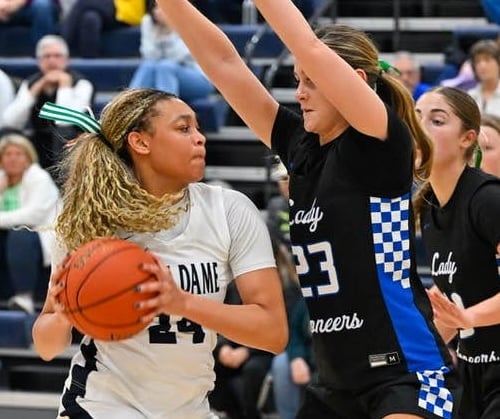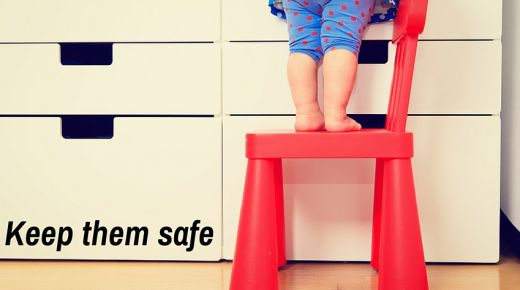
Keeping your children safe from unintentional poisonings in their homes or communities is what National Poison Prevention Week is all about.
It’s National Poison Prevention Week March 20-26, and the first thing you should know is the number to call for poison emergencies. The nationwide, toll-free number is 1-800-222-1222, said Dr. John LaCount, a pediatrician with St. Elizabeth Physicians’ Florence office.
“Kids will get into pretty much anything,” he said, “especially things you use to clean with that are bright colors. They’ll think, ‘Oh, that blue liquid (in the Windex bottle) looks good and drink it.’”
LaCount said he encourages families to have at least one cabinet in their home with a latch or other locking mechanism on it to keep kids from gaining access to dangerous chemicals.
“You’re not necessarily going to stop the kids, but you’ll at least slow them down,” he said.
If not stored properly, things like cleaners, pesticides and fertilizers could cause major problems for kids if ingested, LaCount said. Antifreeze, for instance, is sweet and tastes good, but if kids drink it, their bodies aren’t able to metabolize it appropriately and it can lead to blindness.
Parents also need to be aware of what kids are buying or doing when they’re not around.
If teenagers, for example, are buying spray paint and you’re not seeing it used, make sure they’re not doing something dangerous with it, LaCount said. Parents also should make sure unused medications are thrown away.
“There have been cases where teenagers at parties grab a bunch of different kinds of pills from a cabinet and take them all together,” he said.
You can dispose of unused medications safely by taking them to your pharmacy or to the sheriff’s department.
The most common danger pediatricians see, LaCount said, is kids who inadvertently poison themselves by taking too much of a medication that isn’t theirs, such as their sibling’s or their parent’s.
“These medications are safe in doses prescribed, but if someone younger gets into them, it could kill him or her,” he said.
Finally, parents should make sure they’re using accurate syringes and pharmacy-provided measuring spoons when dispensing medicine to children, LaCount said. “Don’t guess using a metal teaspoon.”
SmartHealthToday is a service of St. Elizabeth Healthcare.








